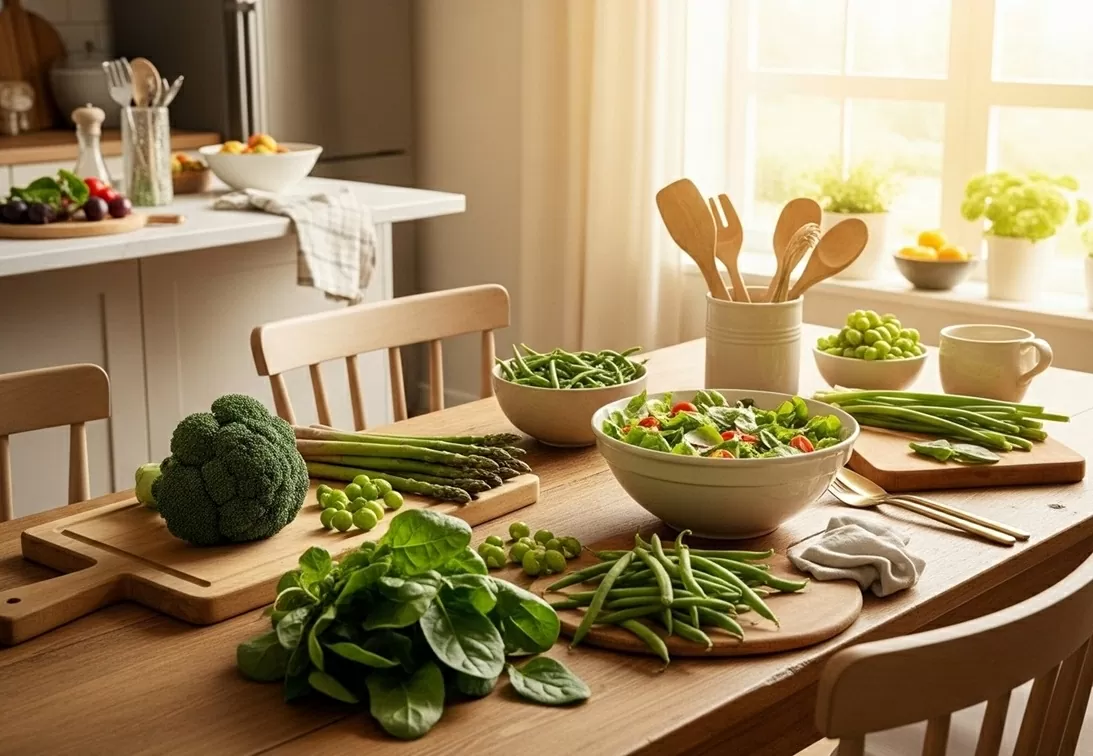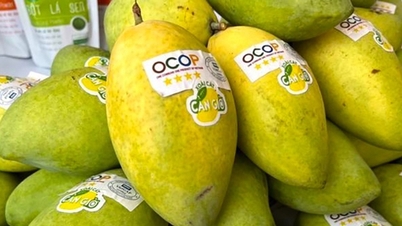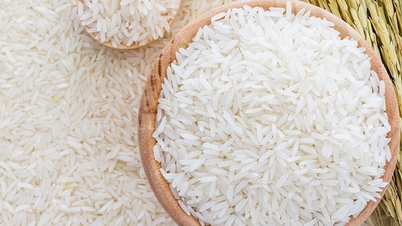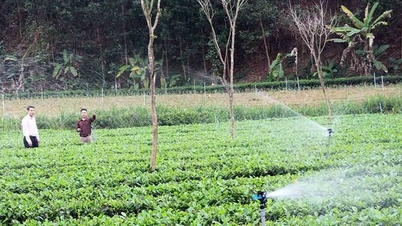 |
| Proper nutrition can improve and protect the kidneys' natural blood-filtering ability. (Image generated by AI) |
The kidney's blood filtering function plays a vital role in human health, helping to eliminate toxins, balance electrolytes and regulate blood pressure. However, in the modern environment with a sedentary lifestyle, a diet high in protein, salt and preservatives, kidney function is increasingly threatened.
Nutrition is one of the key factors that can improve and protect the kidney's natural blood filtering ability if built properly and scientifically .
Foods that can support the kidney's blood filtering function are often rich in antioxidants, low in potassium and phosphorus, and have natural diuretic properties, helping to increase the process of eliminating waste through urine without putting pressure on the glomeruli.
These food groups need to be included in the daily diet in a reasonable and long-term manner to promote sustainable effectiveness.
Foods rich in antioxidants: Help protect kidney tissue and blood vessel walls
Berries such as blueberries, raspberries, strawberries, and cherries contain anthocyanins - a powerful group of flavonoids that can neutralize free radicals, reduce inflammation, and protect microcapillaries in the kidney structure.
A study published in Clinical Nutrition (2019) showed that people who regularly supplemented berries had more stable glomerular filtration rate (eGFR) than the control group that did not.
In addition, red grapes with resveratrol compound not only protect the cardiovascular system but also help improve blood filtering function, according to a report by the National Institutes of Health (NIH).
Green vegetables rich in anti-inflammatory substances: Enhance detoxification ability
Vegetables such as kale, cauliflower, and spinach (in moderation for people on potassium restriction) provide vitamin C, K, folate, and plant compounds that help reduce inflammation and improve kidney capillary function.
Sulforaphane in broccoli has been shown to activate phase 2 detoxification enzymes, promoting the body's self-cleansing mechanism through the liver and kidneys, according to the Journal of Nutrition (2021).
In addition, celery and parsley have natural diuretic effects, helping to increase urine output and promote the excretion of urea and uric acid - two substances that easily accumulate and are toxic to the kidneys if filtering function is impaired.
However, clinical nutritionist Renal Registered Dietitian Sarah Gleason (USA) noted that people with chronic kidney disease need to monitor potassium levels to avoid overloading with fruits and vegetables.
Garlic and Onions: Simple but Effective Foods to Support Kidneys
Garlic contains allicin - a natural sulfur compound that has antibacterial and anti-inflammatory properties and helps improve blood pressure index, a high risk factor leading to kidney failure if left uncontrolled.
A study published in the Iranian Journal of Kidney Diseases (2020) showed that garlic extract helps reduce serum creatinine and protect kidney structure in preclinical test models.
Onions, especially red onions, are rich in the flavonoid quercetin, an antioxidant that helps soothe glomerulonephritis and prevent interstitial fibrosis. Additionally, onions and garlic add flavor to food without adding salt, which is beneficial for people who need to control sodium to reduce stress on the kidneys.
Plant protein sources: Reduce the burden on glomerular filtration function
Recent studies show that a diet rich in plant protein from lentils, fermented soybeans (natto, miso), chia seeds, flax seeds... can help reduce blood urea levels, improve kidney microcirculation and slow down the progression of blood filtration function decline in people with chronic kidney disease.
According to the American Journal of Kidney Diseases , replacing animal protein with vegetable protein also helps control blood pressure and blood lipids better - two key factors in protecting the kidneys.
Drink enough water and supplement with healthy diuretic foods
Proper hydration is important for the kidneys to filter blood effectively. Dehydration leads to concentrated urine, increasing the risk of kidney stones and renal tubular damage.
In addition to filtered water, adding foods containing a lot of water such as watermelon, cucumber, tomato, lettuce, and squash can help maintain stable intracellular water levels, promote excretion, and dilute toxins through urine.
However, drinking too much water in a short period of time or forcing the body to drink when not thirsty can also cause electrolyte disturbances, especially in people with heart or kidney problems.
Source: https://baoquocte.vn/nhung-thuc-pham-tang-cuong-chuc-nang-loc-mau-cua-than-318003.html











































































![[Infographic] Vietnam's stock market exceeds 11 million trading accounts](https://vphoto.vietnam.vn/thumb/402x226/vietnam/resource/IMAGE/2025/11/09/1762677474332_chungkhoanhomnay0-17599399693831269195438.jpeg)





















![Dong Nai OCOP transition: [Part 2] Opening new distribution channel](https://vphoto.vietnam.vn/thumb/402x226/vietnam/resource/IMAGE/2025/11/09/1762655780766_4613-anh-1_20240803100041-nongnghiep-154608.jpeg)













Comment (0)